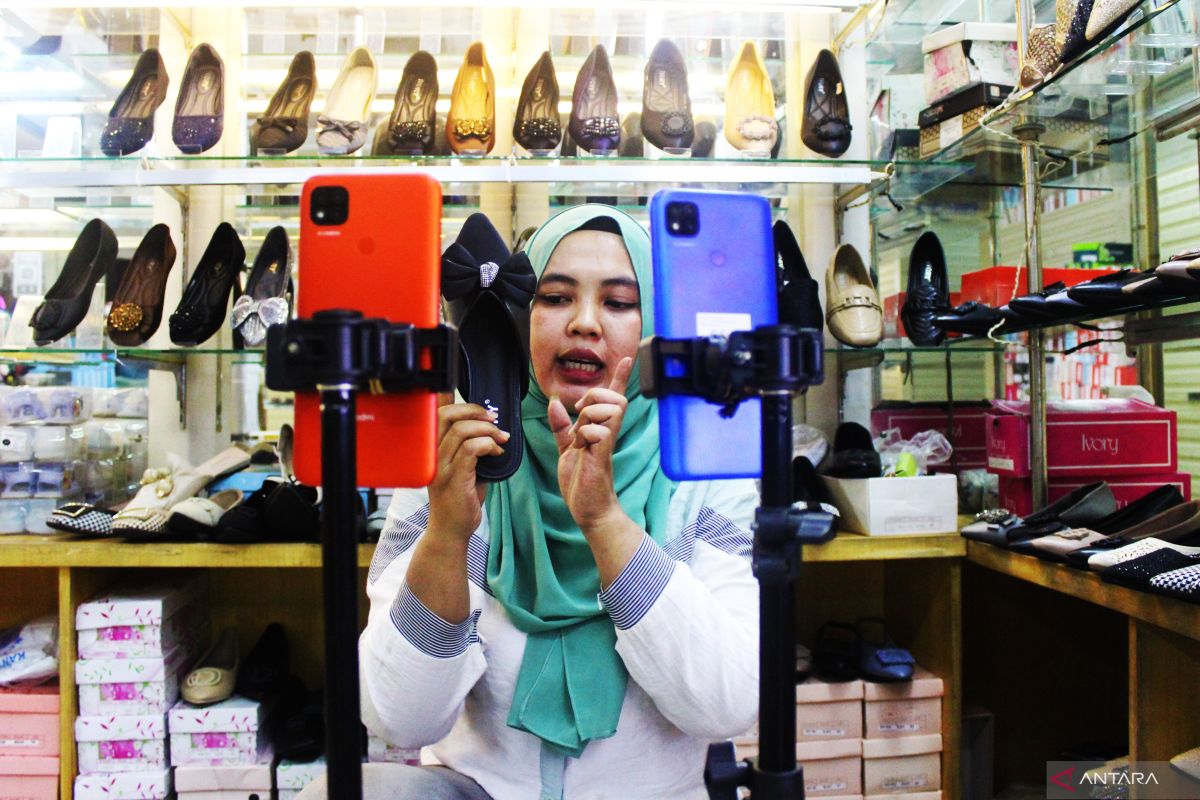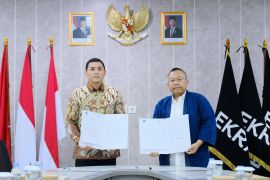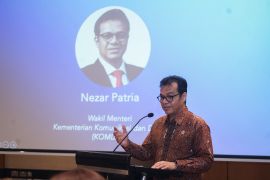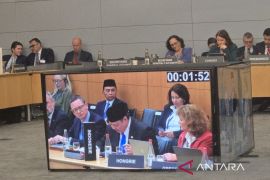"First, the government must prioritize the construction of digital infrastructure in outlying areas," she remarked in Jakarta on Friday.
She added that the government must also provide training and support to residents of the region in order for them to make use of digital technology.
Second, the government must improve the digital literacy of micro, small, and medium enterprises (MSMEs), Maghfiruha said.
These MSMEs can utilize digital technology to boost their productivity and competitiveness and encourage the formality and legality of MSMEs to be able to access financing and incentives from the government.
Moreover, the government needs to increase collaboration between stakeholders to build a conducive digital economy ecosystem and create regulations that support fair business competition.
"With these various strategies, Indonesia's digital economy is expected to continue to grow and become one of the supporting factors for national economic growth," she remarked.
Indonesia's digital economy is experiencing a slowdown in 2023. In that year, Google, Temasek, and Bain & Company anticipate Indonesia's digital economy's GMV at US$82 billion, up from 2022, albeit down from 2021 to 2022.
Maghfiruha explained that this was due to several factors, including global economic uncertainty, decreased funding for startups, and changes in people's consumption patterns.
Global economic uncertainty is caused by various factors, including the Russian-Ukrainian war, rising inflation, and the global economic recession.
She said that the fall in startup funding was another issue impeding Indonesia's digital economy's expansion. Startup investment in Indonesia in 2023 will be around 87 percent lower than the previous year.
"The decrease in financing is attributed to a variety of causes, including changes in purchasing habits as individuals revert to offline consumption and higher investment risks amid global economic instability," Maghfiruha stated.
She pointed out that digital inequality remains an obstacle to the growth of Indonesia's digital economy. The contrast in access to digital infrastructure between urban and rural locations proves this.
"This digital inequality needs to be overcome so that Indonesia's digital economic growth can be more evenly distributed," she stated.
Related news: Single round elections better for monetary sector: economist
Related news: Economic growth projected at 4.8 percent in 2024: INDEF
Translator: Arif, Alita, Azis Kurmala
Editor: Anton Santoso
Copyright © ANTARA 2023












